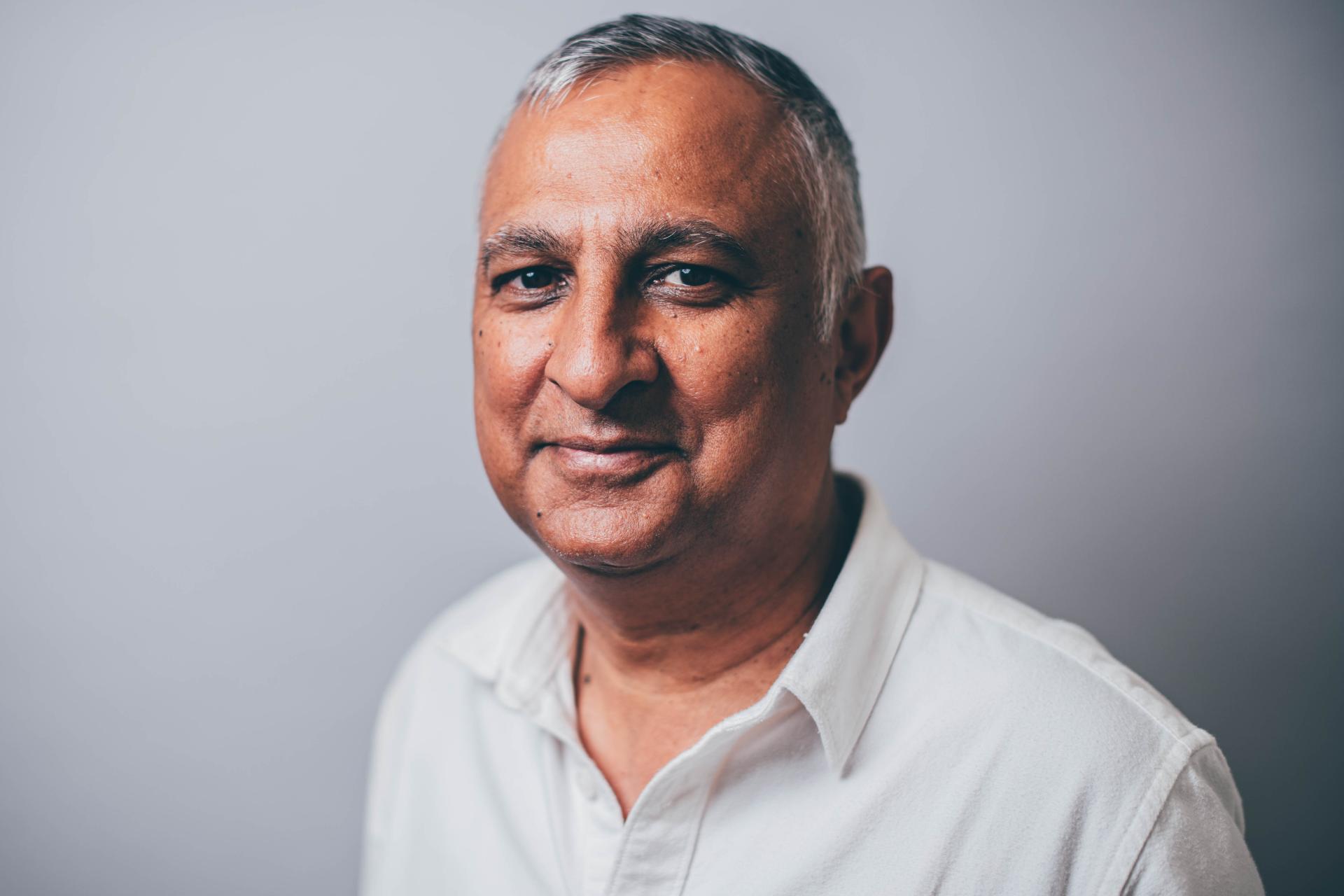Ashok Ahir's term as Court President and Eisteddfod Management Board Chair came to a close at the end of the festival in Wrecsam
The National Eisteddfod has faced significant challenges during this decade, but the organisation has adapted and succeeded in overcoming them, according to Ashok Ahir, who served as President of the Court and Chair of the Management Board for six years
He added that it was important for the Eisteddfod to reach the people, saying “Every Eisteddfod has a different character, and one thing I was determined to do as President was to ensure a clear pattern. I wanted to see the Eisteddfod go to the centres where people live.
“My first experience of the Eisteddfod was as Chair of the 2018 Eisteddfod executive commitee.
“Next year, the Eisteddfod will be in a rural area, but in a place near the sea where people go on holiday to enjoy themselves – and to come to the Eisteddfod,” he said.
On the other hand, the most challenging elements were the pandemic and the financial crisis.
“We’re still going through a very difficult period – not just every organisation, but every family. Money is tight and that affects the Eisteddfod.
“Costs are rising, and we have to look after every penny. Sometimes, very difficult decisions have to be made to be able to hold the kind of Eisteddfod we do – which costs seven million pounds.
“But those decisions had to be made for the sake of the future. Now, the financial situation is much more secure than it has ever been.
“We’re not completely safe, but to me, that’s something that isn’t visible, and it takes a lot of time from the staff,” he said.
He also added that he was “happy” with how last year’s Drama Medal controversy was handled.
He said they had done and said everything that was possible. He added that the Eisteddfod had developed guidelines for the competition last year, which led to 20 entries in this year’s competition.
Mr Ahir reached the final round of the Learner of the Year Award in 2012.
Ashok Ahir is originally from Wolverhampton, with roots in Punjab, India. He speaks several languages besides Welsh and English.
When he was chair of the Cardiff Eisteddfod executive committee, he was praised for his vision in creating an inclusive and open festival.
Attracting people from all backgrounds to the Maes was important to him during his time as President of the Court.

